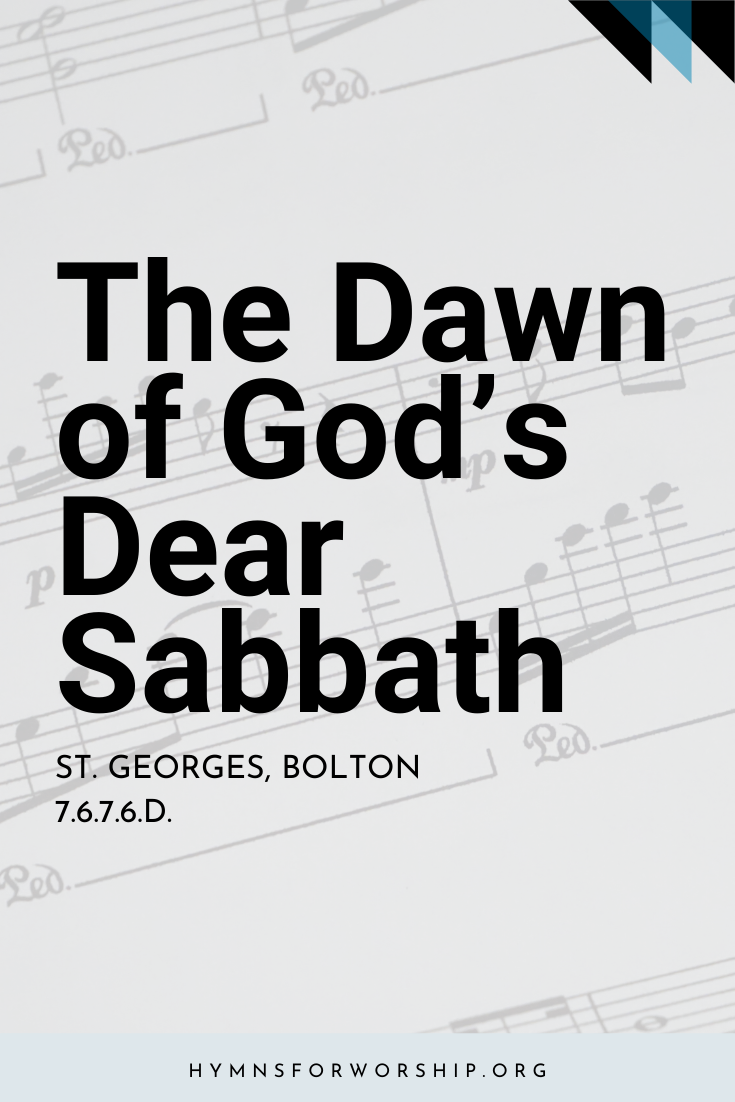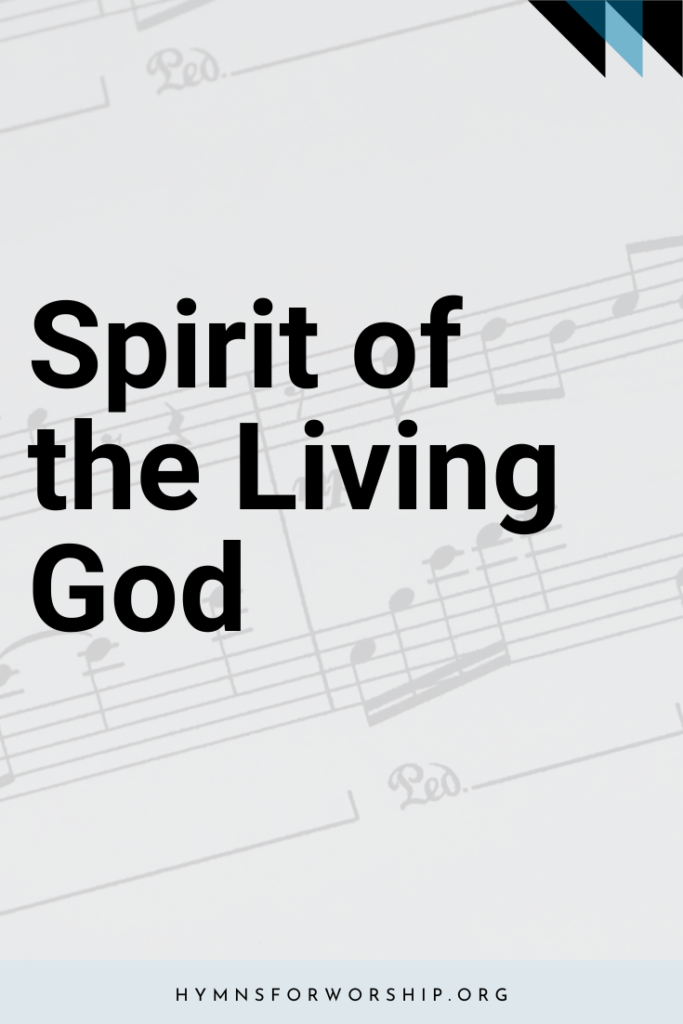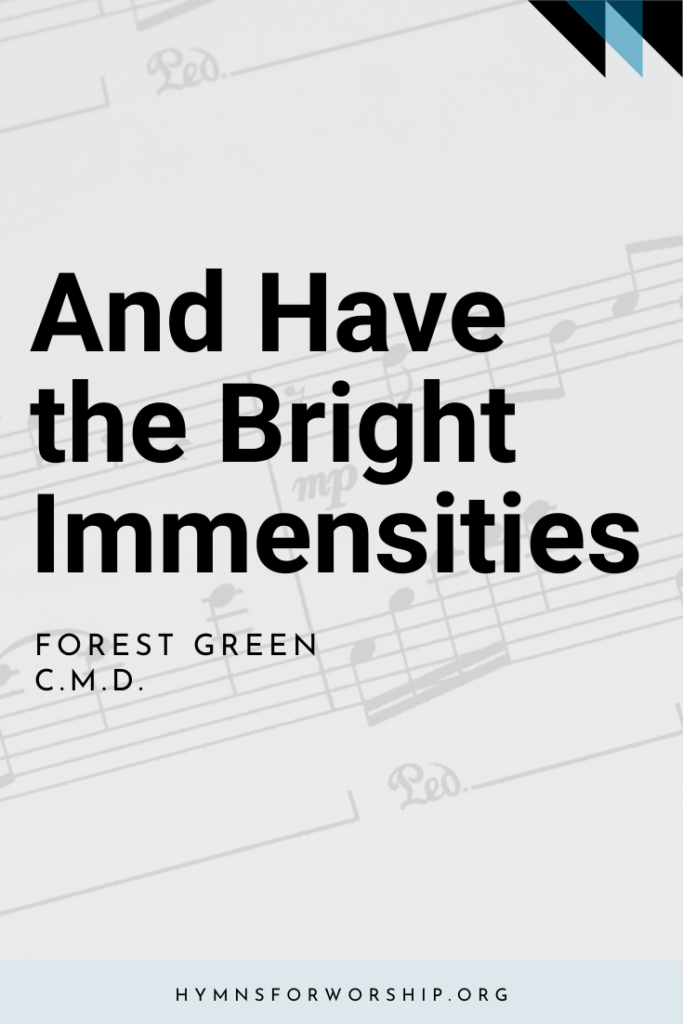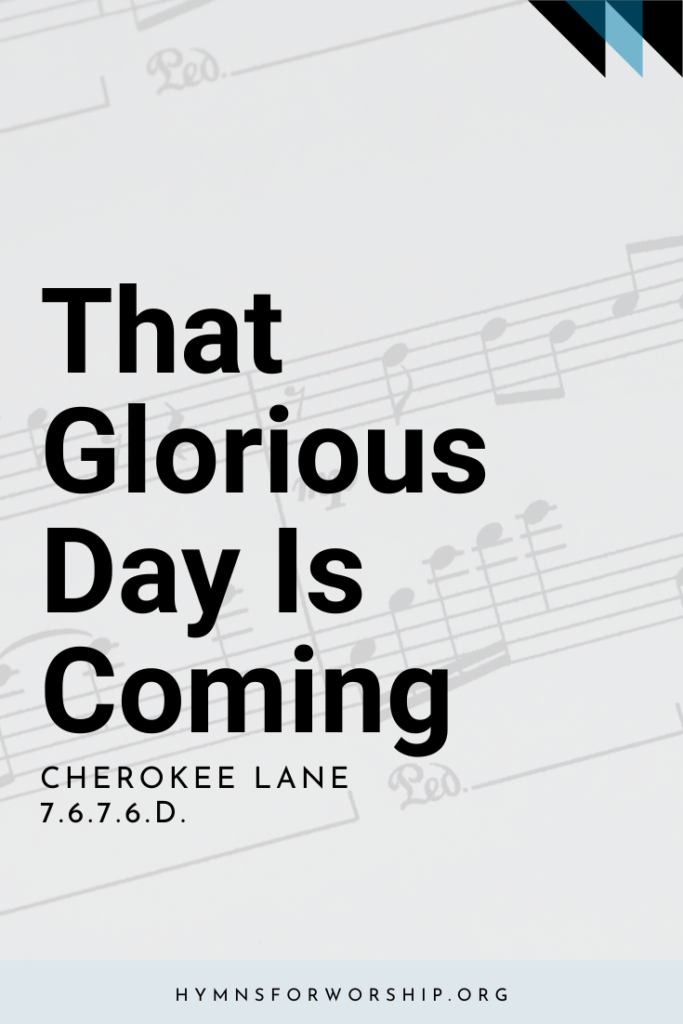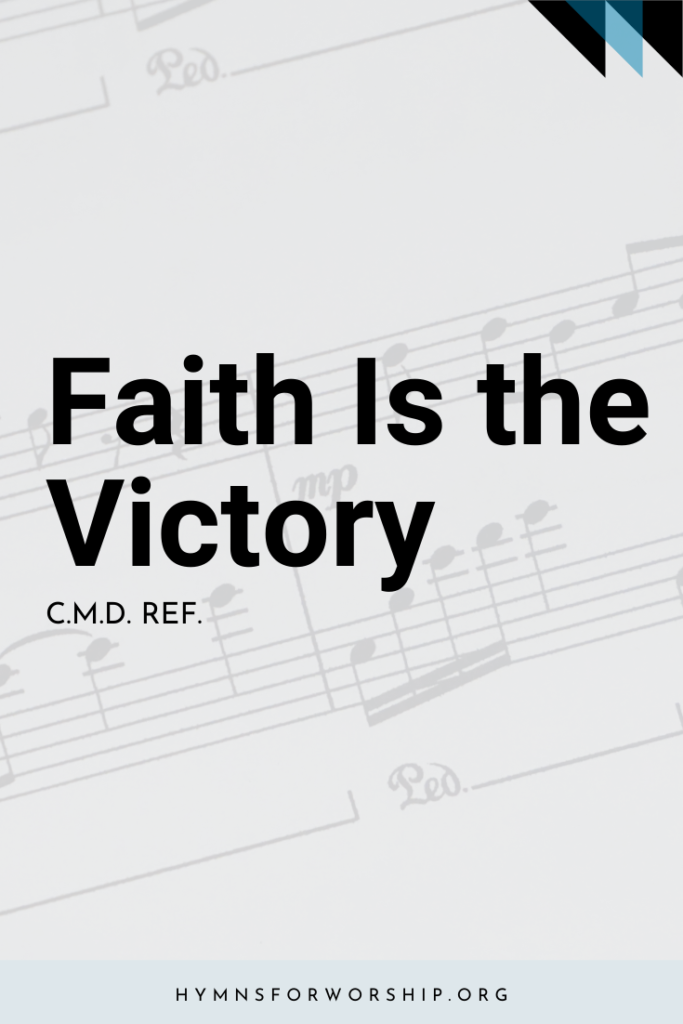WORSHIP >> Morning WORSHIP
SDAH 40
The dawn of God’s dear Sabbath
Breaks o’er the earth again,
As some sweet summer morning
After a night of pain;
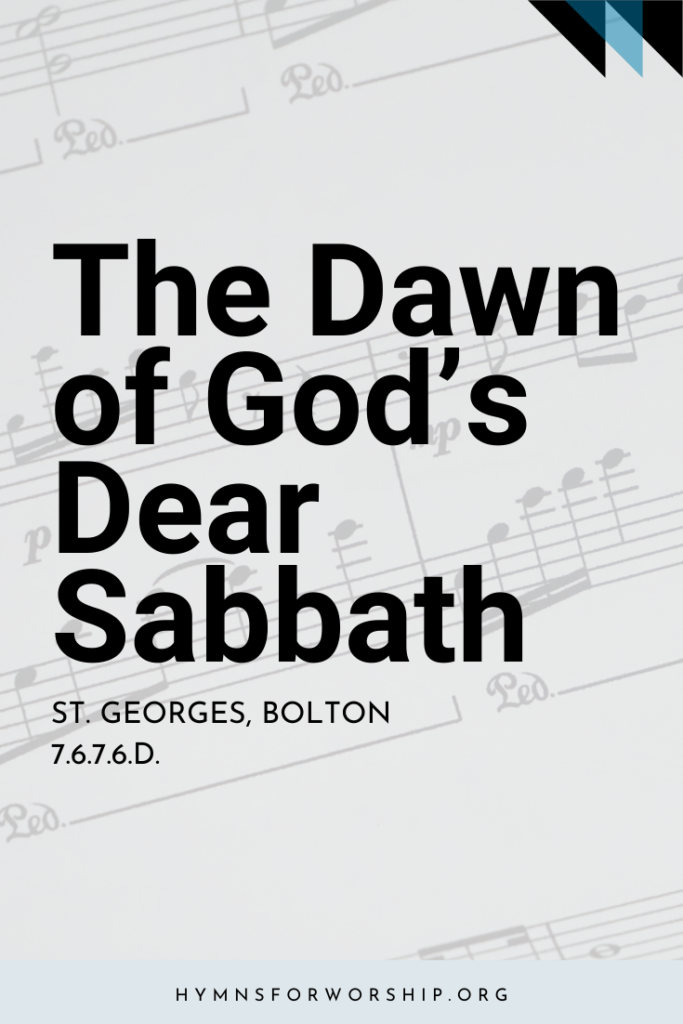
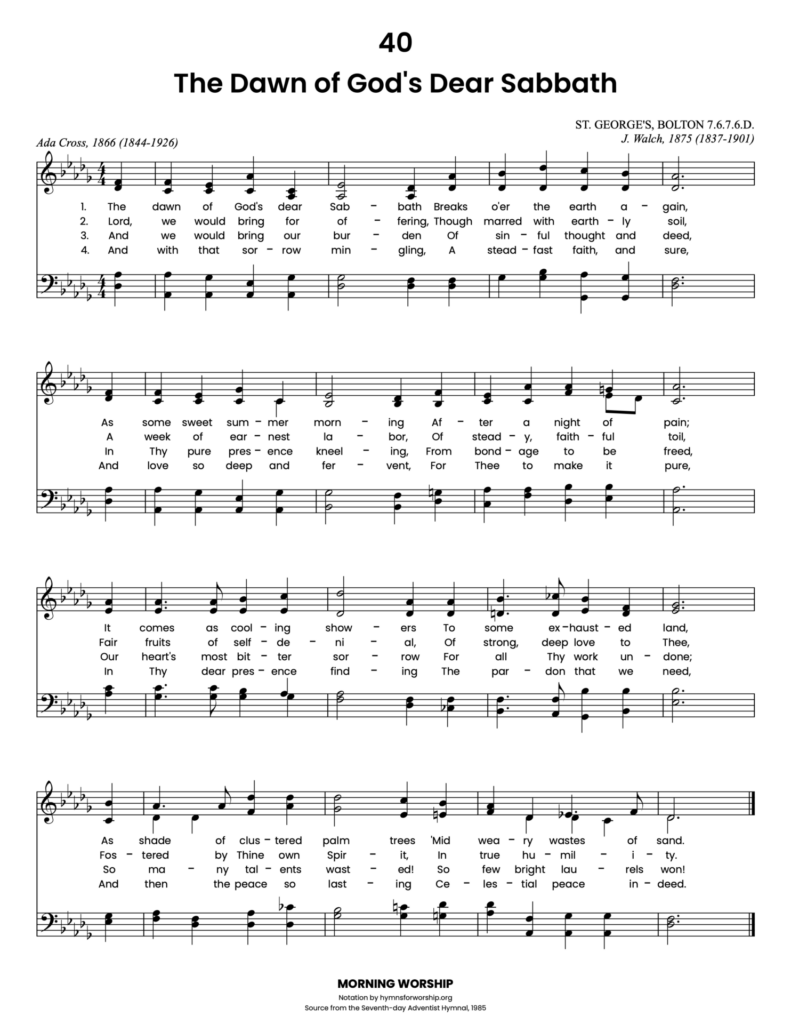
Get the hymn sheet in other keys here
For Worship Leaders
Make each hymn more meaningful with these helpful tools: Short, ready-to-use hymn introductions for church bulletins, multiple ways to introduce a hymn based on your worship theme and in-depth history and insights to enrich your song service.
Hymn Spotlight: The Dawn of God’s Dear Sabbath
Written in 1866 by Ada Cambridge (1844–1926), this hymn was originally meant for Sunday worship, reflecting her understanding of the Sabbath as a day of rest and peace with God. However, as Seventh-day Adventists, we sing it in honor of the true biblical Sabbath, the seventh day, when God calls us to cease from our labors and find spiritual renewal in Him.
The tune ST. GEORGE BOLTON was composed in 1875 by James Walch (1837–1901), named after the church where he served as organist. Its graceful and reverent melody perfectly complements the hymn’s message of Sabbath rest and worship.
May this hymn deepen our joy in the blessing of the true Sabbath!


Text
1
The dawn of God’s dear Sabbath
Breaks o’er the earth again,
As some sweet summer morning
After a night of pain;
It comes as cooling showers
To some exhausted land,
As shade of clustered palm trees
‘Mid weary wastes of sand.
2
Lord, we would bring for offering,
Though marred with earthly soil,
A week of earnest labor,
Of steady, faithful toil,
Fair fruits of self denial,
Of strong, deep love to Thee,
Fostered by Thine own Spirit,
In true humility.
3
And we would bring our burden
Of sinful thought and deed,
In Thy pure presence kneeling,
From bondage to be freed,
Our heart’s most bitter sorrow
For all Thy work undone-
So many talents wasted!
So few bright laurels won!
4
And with that sorrow mingling,
A steadfast faith, and sure,
And love so deep and fervent,
For Thee to make it pure,
In Thy dear presence finding
The pardon that we need,
And then the peace so lasting-
Celestial peace indeed.

Hymn Info
Biblical Reference
Heb 4:10, 11
Author
Ada Cross (1844-1926)
Year Published
1926
Hymn Tune
ST. GEORGE’S, BOLTON
Metrical Number
7.6.7.6.D.
Composer
J. Walch (1837-1901)
Year Composed
1875
Theme
MORNING WORSHIP

